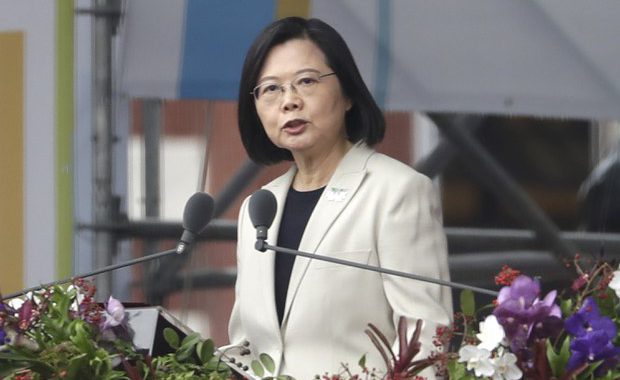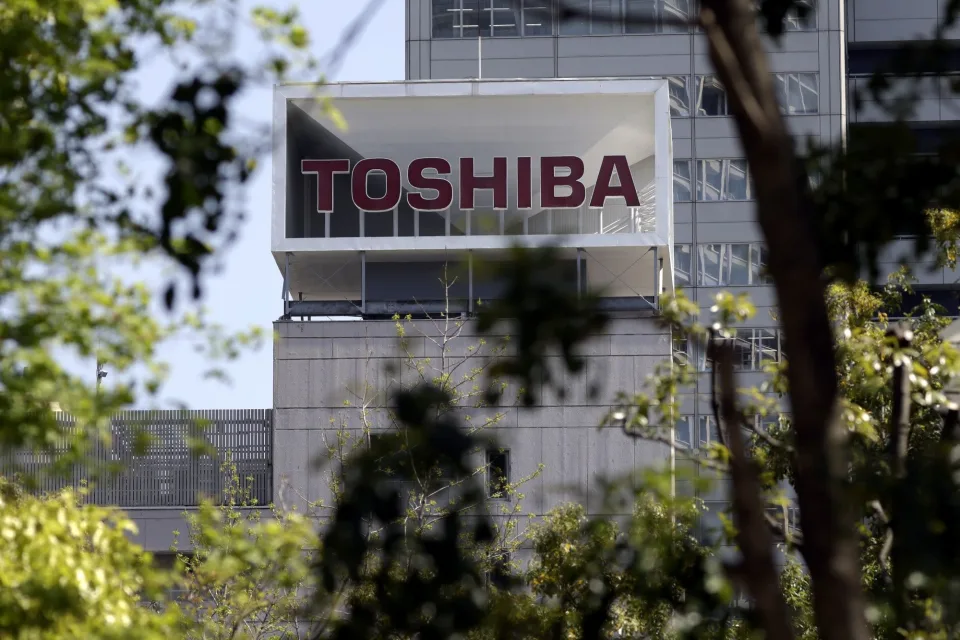Xi Jinping: From Communist Party princeling to China’s president
5 min read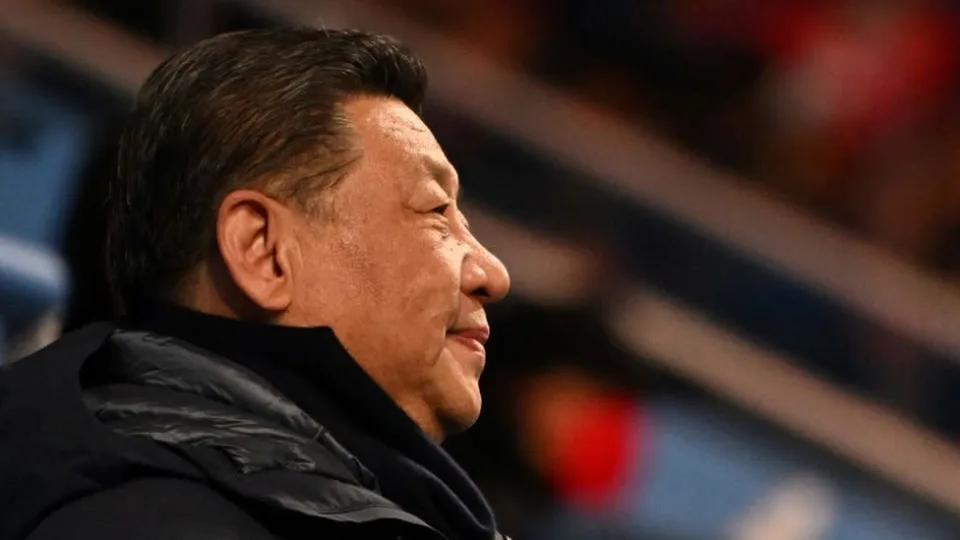
Xi Jinping is set to embark on an unprecedented third term as China’s president at the 20th Communist Party congress later this month.
It will effectively allow Mr Xi to remain in power for life, given that China’s leaders voted in 2018 to remove the two-term limit in place since the 1990s.
Under Mr Xi’s rule since 2012, China has become more authoritarian at home, cracking down on dissent, critics and even influential billionaires and businesses. Some have described him as “the most authoritarian leader since Chairman Mao”.
Under his rule, China has established “re-education” camps in Xinjiang that have been accused of human rights abuses against Uyghurs and other minority ethnic groups. It has tightened its grip on Hong Kong and vowed to “reunite” with Taiwan, by force if necessary.
In a clear sign of his influence, the Communist Party voted in 2017 to write his philosophy – called “Xi Jinping Thought on Socialism with Chinese Characteristics for the New Era” – into its constitution. Only party founder Mao Zedong and Deng Xiaoping, the leader who introduced economic reforms in the 1980s, have made it into the all-important fundamental law of the land.
Princeling, peasant, president
Born in Beijing in 1953, Xi Jinping is the son of revolutionary veteran Xi Zhongxun, one of the Communist Party’s founding fathers and a former vice-premier.
Because of his illustrious roots, Mr Xi is considered a “princeling” – a child of elite senior officials who has risen up the ranks.
But his family’s fortunes took a dramatic turn when his father was imprisoned in 1962. A deeply suspicious Mao, fearing a rebellion in party ranks, ordered a purge of potential rivals. Then in 1966 came the so-called Cultural Revolution when millions were branded as enemies of Chinese culture, sparking violent attacks across the country.
Mr Xi’s family suffered too. His half-sister – his father’s first daughter through an earlier marriage – was persecuted to death, according to official accounts, though a historian familiar with the party elite said she had probably taken her own life under duress, according to a New York Times report.
A young Xi was pulled out of a school attended by children of the political elite. Eventually, at 15, he left Beijing and was sent to the countryside for “re-education” and hard labour in the remote and poor north-eastern village of Liangjiahe for seven years.
But far from turning against the Communist Party, Mr Xi embraced it. He tried to join several times, but was rebuffed because of his father’s standing.
He was finally accepted in 1974, starting out in Hebei province, then occupying ever more senior roles as he slowly made his way to the top.
In 1989, at the age of 35, he was party chief in the city of Ningde in southern Fujian province when protests demanding greater political freedom began in Beijing’s Tiananmen Square.
The province was far from the capital but Mr Xi, along with other party officials, reportedly scrambled to contain local offshoots of the massive demonstrations under way in Beijing.
The protests – an echo of a rift within Communist Party ranks – and the bloody crackdown that ended them have effectively now been scrubbed from the country’s history books and public record. China even lost the bid to host the 2000 Olympics because of the abuses in Tiananmen Square. Estimates of the number killed range from hundreds to many thousands.
Almost two decades later, however, Mr Xi was put in charge of the 2008 Summer Olympics in Beijing. China was keen to show it had moved on and was a worthy host – and it appeared to be working, with the Games symbolising China’s rise as a growing power.
As for Mr Xi, his increasing profile in the party propelled him to its top decision-making body, the Politburo Standing Committee, and in 2012 he was picked as China’s president.
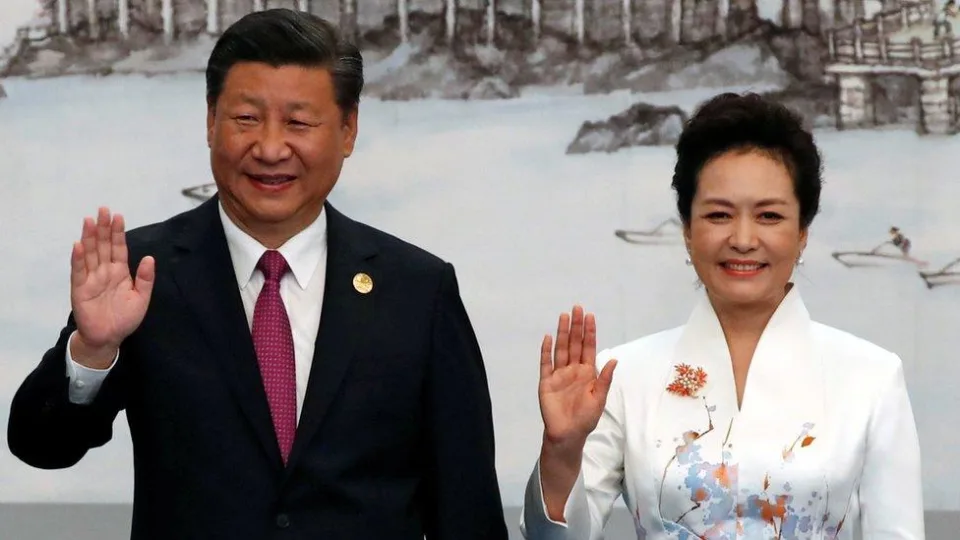
Mr Xi and his wife, Peng Liyuan, a famous singer, have been heavily featured in state media as China’s First Couple.
This is a contrast from previous presidential couples, where the first lady has traditionally kept a lower profile.
The couple have a daughter, Xi Mingze, but not much is known about her apart from the fact that she studied at Harvard University.
Other family members and their overseas business dealings have been a subject of scrutiny in the international press.
China Dream
Mr Xi has vigorously pursued what he has called a “great rejuvenation of the Chinese nation” with his China Dream vision.
Under him, the world’s second largest economy has enacted reform to combat slowing growth, such as cutting down bloated state-owned industries and reducing pollution, as well as the multi-billion dollar One Belt One Road infrastructure project aimed at expanding China’s global trade links.
The country has become more assertive on the global stage, from its growing forcefulness in the South China Sea, to its exercise of soft power by pumping billions of dollars into Asian and African investments.
Some of this economic growth however, which in past decades has increased meteorically – has now slowed substantially, worsened by the Chinese leader’s uncompromising “zero-Covid” strategy that has locked out the rest of the world since the pandemic.
The country’s once-booming property market is in a deep slump and the outlook for the global economy has weakened sharply in recent months.
A bitter and damaging trade war with the US shows no sign of ending.
‘Most authoritarian leader since Mao’
Since reaching top office, Mr Xi has overseen a wide-reaching corruption crackdown extending to the highest echelons of the party. Critics have portrayed it as a political purge.
Under his rule, China has also seen increasing clampdowns on freedoms.
In Xinjiang province, human rights groups believe the government has detained more than a million Muslim Uyghurs over the past few years in what the state defines as “re-education” camps. China denies accusations from the US and other that it is committing genocide there.
Beijing’s grip over Hong Kong, too, has grown under Mr Xi.
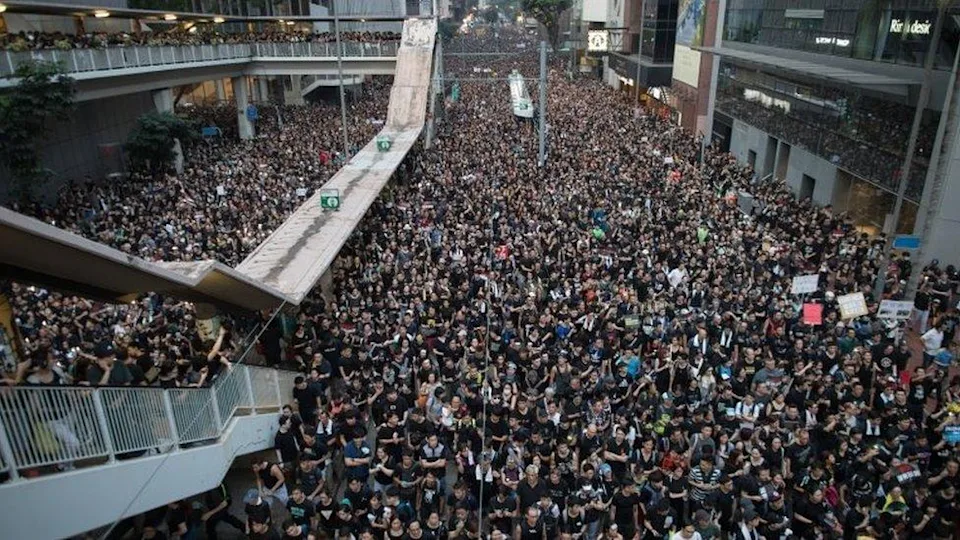
Mr Xi put an end to pro-democracy protests in 2020 by signing the National Security Law, a sweeping edict that gives Beijing powers to reshape life in the former British colony, criminalising what it calls secession, subversion and collusion with foreign forces, with the maximum sentence of life in prison.
The law has led to mass arrests of prominent pro-democracy activists and politicians, as well as the closure of prominent news outlets including Apple Daily and Stand News.
Under Mr Xi’s leadership, China has also intensified its focus on the self-ruled island of Taiwan, vowing “reunification” and threatening to use military force to prevent any move towards formal independence there.
Given China’s power and influence, the world will be watching Mr Xi as he embarks on his third term as president. With no heir apparent, the 69-year-old is arguably the most powerful leader China has had since the death of Mao Zedong in the 1970s.


